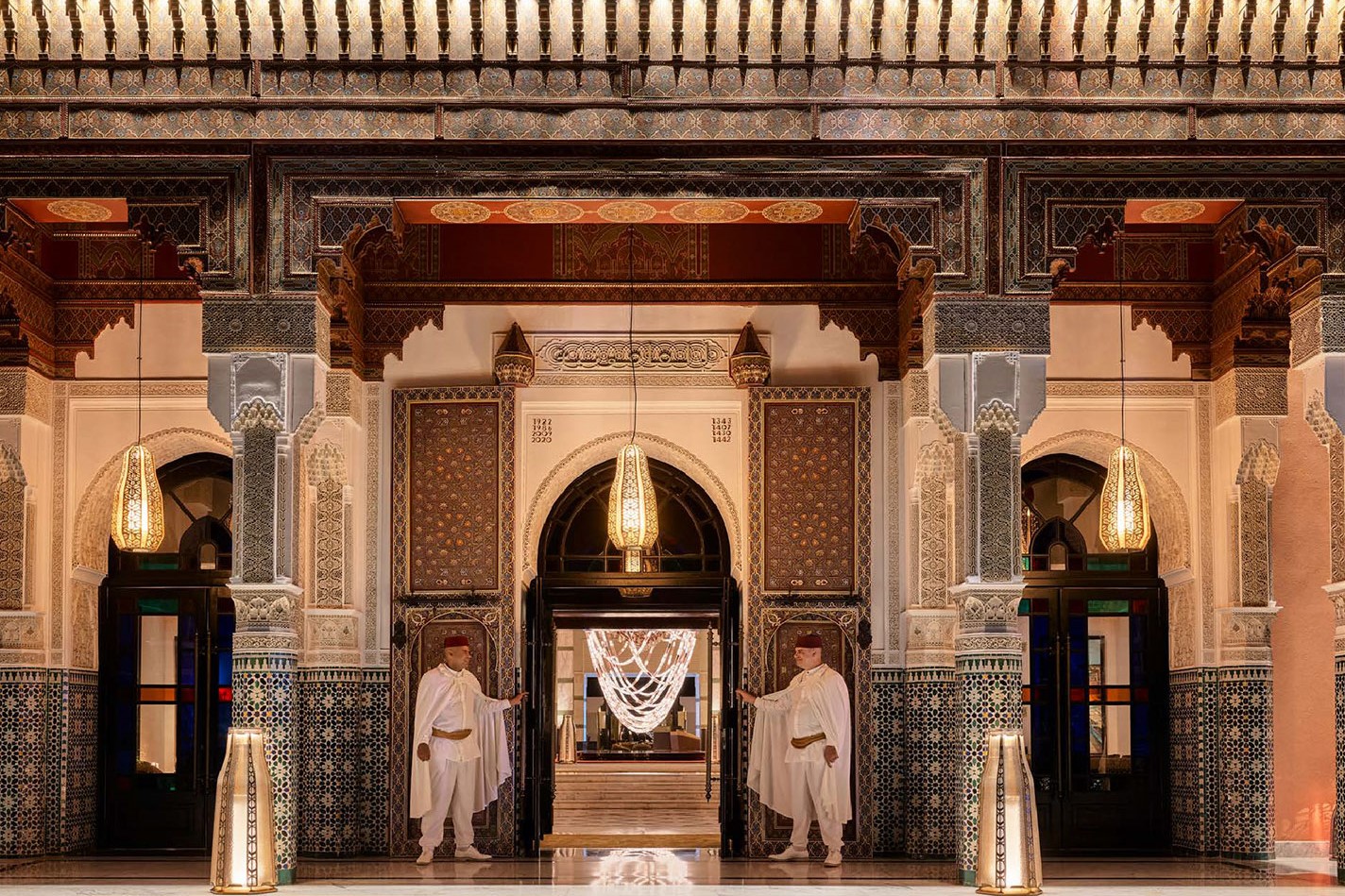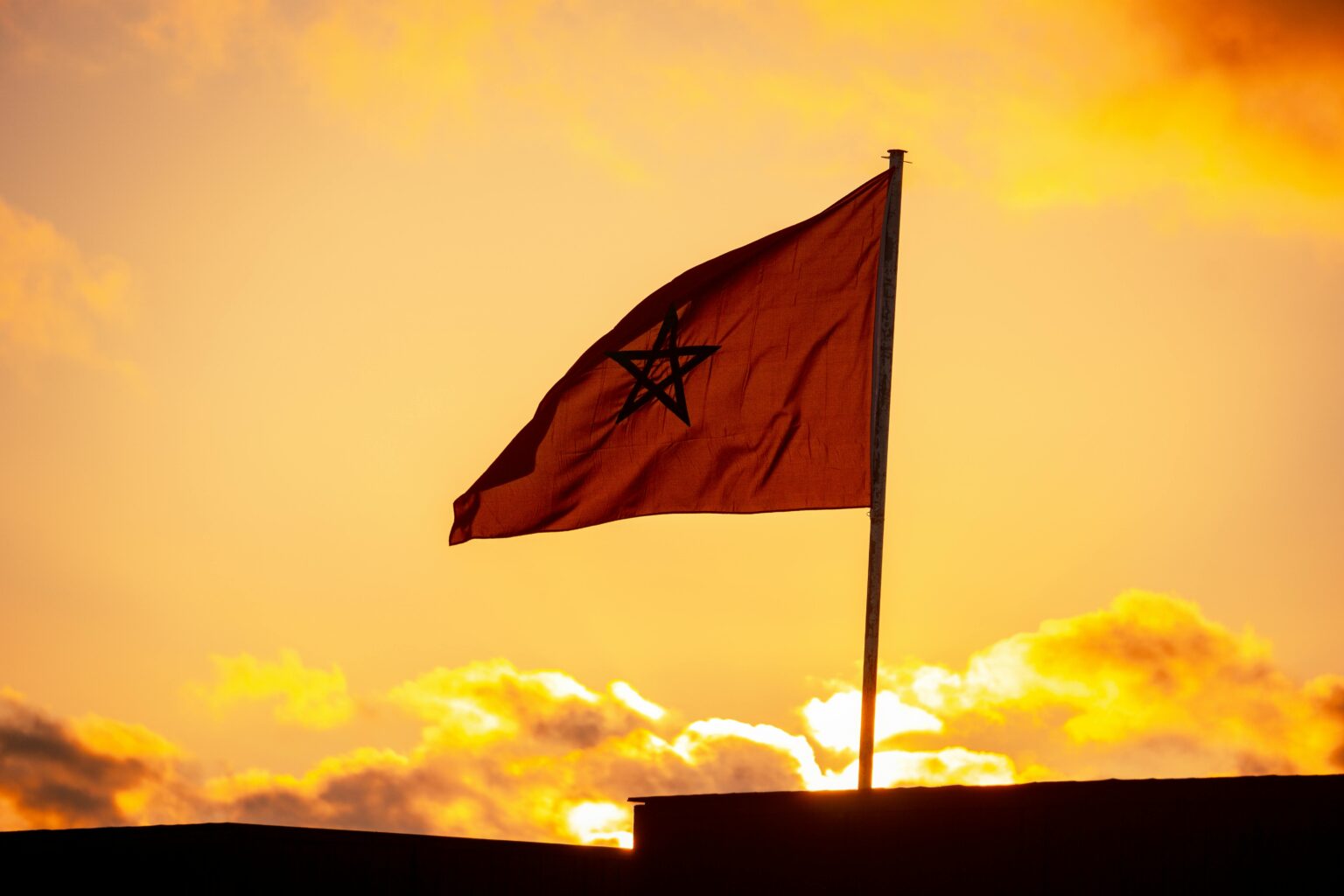Ramadan in Jemaa el-Fna values solidarity and synergy between the components of the historical space
Ramadan in Jemaa el-Fna values solidarity and synergy between the components of the historical space
During the holy month of Ramadan, https://www.gomarrakechdeserttrips.com/guided-tour-of-marrakech-city-in-half-day/ Jemaa El Fna Square takes on a social character, as the values of solidarity, synergy, and interdependence prevail among the components of this historic space, including the pioneers of the neighborhood, the owners of mobile restaurants, and the merchants, as an embodiment of principles rooted since ancient times in Moroccan society.
Within this square, the owners of the ring or “Halaiqiya” constitute an essential part and an important element in the tourism dynamism that it witnesses throughout the year. However, this group is considered the most fragile within the components of this space, given the limited income they obtain and their influence by the fluctuations in tourism activity in the Red City, especially during the month of Ramadan.
On the other hand, in addition to solidarity with this vulnerable group, several philanthropists are keen to provide free breakfast meals to benefit visitors to Jemaa el-Fna from needy families, homeless people, or passers-by living in traditional hotels around the square. It is a tradition that many Marrakeshians have continued to follow during this religious occasion in which tolerant Islamic values prevail, embodied in altruism, generosity, and responding to the needy.







